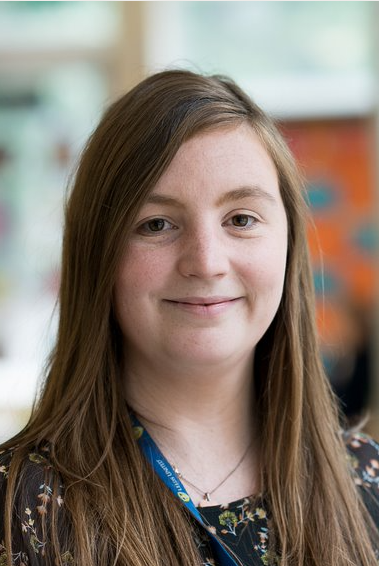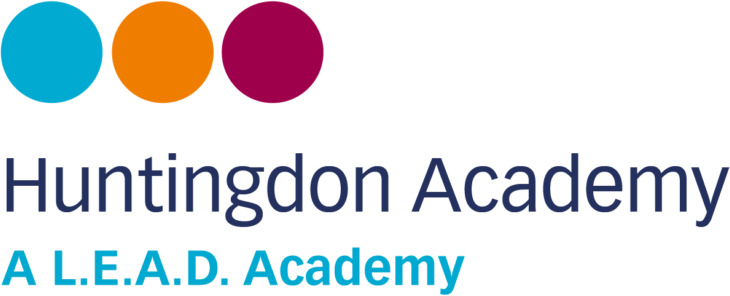Welcome
Welcome to science at Huntington. On this page you will find out the key information about the leadership, design and implementation of our science lessons.

Science at Huntington is led by Emma Appleby. She believes that early science teaching is vital to instill a love of science in children and develop a curious mind and desire to change the world. Her aim is by the end of key stage two, for all children to be able to carry out their own scientific enquirers
Subject overview
It is vital that children start their education with a high quality science education that allows them to understand the ever-changing world around them. At Huntingdon, we aim to develop the scientific knowledge and conceptual understanding in children that allows them to explain what is happening, predict how things will behave and analyse causes. Through building up a body of key foundational knowledge and concepts, we aim to inspire children through science, encouraging them to nurture their innate curiosity and be inquisitive about the world around them. We aim to enable them to develop a range of skills that are useful for their learning today, their future learning and their continued understanding of the world they live in.
Our aim in science at Huntingdon is to enable the children to have the knowledge, resources and ability to think of, plan and carry out their own experiments to prove or disprove their own scientific ideas and questions.
Through dialogic rich teaching approaches and the use of oracy as a vehicle for learning in science, we encourage pupils to articulate ideas, develop understanding and engage with others. This commitment to both presentational and exploratory talk is a powerful tool for learning in science and empowers our students to better understand themselves, each other and the world around them.
National Curriculum Links
Our science curriculum is underpinned by the National Curriculum Programme of Study for Key Stages 1 and 2.
(ADD LINK TO SCIENCE NATIONAL CURRICULUM) .
Conceptual knowledge maps
(ATTACH SUBJECT KNOWLEDGE FOR PROGRESSION)
(ATTACH SCIENTIFIC SKILLS PROGRESSION)
Organisation and planning
Science is a core subject. Therefore Huntingdon places a high importance on the subject and the insurance that it is taught to a good standard. Science at Huntingdon is taught each half term. There are 18 hours of science taught in every year group per term and 54 hours in the academic year. It is taught in a block of lessons, which the children build on skills they have learnt in previous years. Each science block is started by sharing the learning journey with the children, reminding what they have learnt previously on this topic, what are about to learn and what the will learn as they move through school. At the start of each topic the children will be introduced the correct vocabulary (stated in the progression of knowledge grids) in the form of a bullseye in their books and on display in the classroom. This will be added to as the topic progresses. Each session has a knowledge and a working scientific learning objective, which we will be shared with the children at the start of the lesson. These learning objectives are taken from the progression of knowledge and the progression of skills documents (see appendix). At the end of each half term the teacher will use a review lesson to assess children’s knowledge after the topic has been taught. This review lesson will be practical and could be a presentation, grouping objects or a debate. There is also science days built into the curriculum designed to inspire ore and wonder into the children and show them how science is used in the wider world.
Science Pedagogy
Throughout our school, we believe that science should be taught through investigation, building children’s ability as they go through school to plan, carry out and evaluate their own experiment as they reach year 6. This enquiry led approach means that the children are encouraged to ask and answer their own questions and form their own opinions. By doing this they will learn that it is ok to change their mind and be able to back up their views with their own scientific knowledge and understanding. We believe that a good quality science education is a balance between teaching children the scientific knowledge they need and the skills they need to apply this knowledge to a variety of situations, for example by studying the teeth of different animals children can find out if the animal is a herbivore, carnivore or omnivore.
Each topic will be started by looking at how the topic links to previously taught topics and what knowledge we know already about the topic we are looking at.
(ATTACH COPY OF FRONT OF BOOK SHEET).

